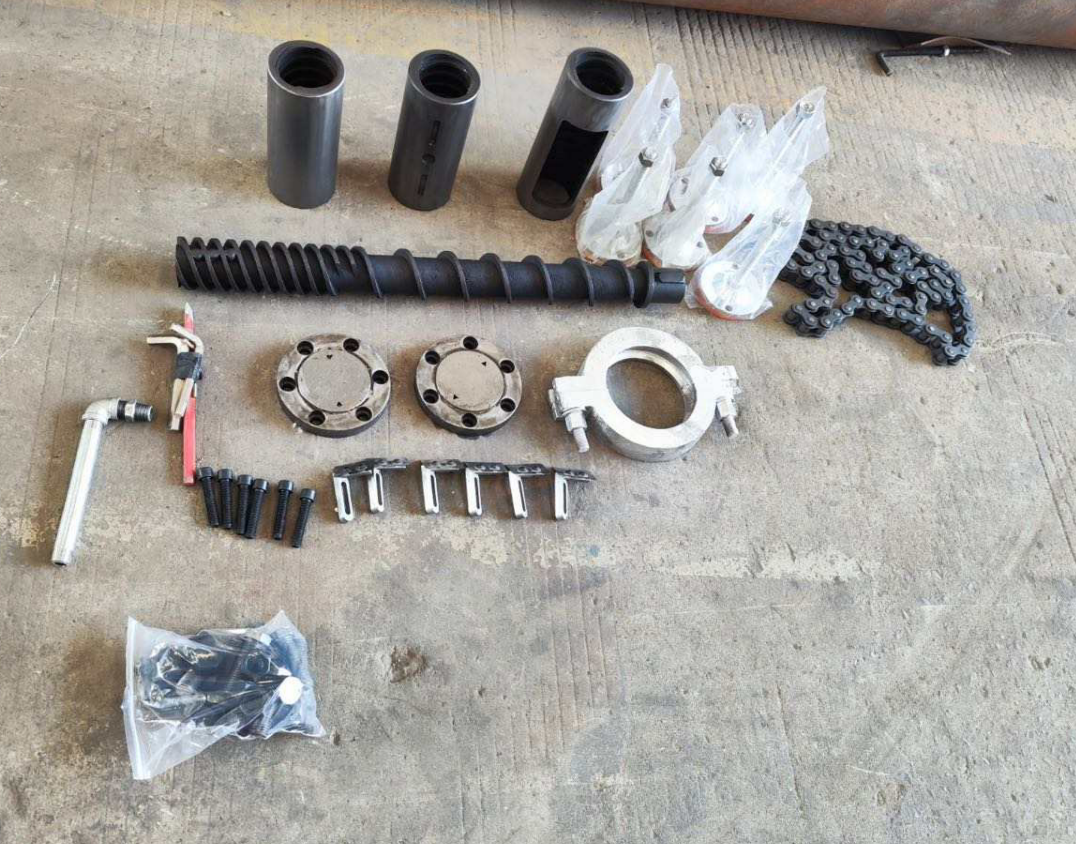Exploring Sustainable Practices in Poultry Farming and Cage Systems
Dec . 01, 2024 01:58 Back to list
Exploring Sustainable Practices in Poultry Farming and Cage Systems
The Role of Cage Systems in Poultry Farming
Poultry farming has undergone significant transformation over the years, evolving from traditional free-range systems to more modern and intensive methods. One of the most notable advancements in this field is the introduction of cage systems for egg-laying hens. While the use of cages has sparked considerable debate, they remain a fundamental aspect of poultry farming, affecting the efficiency, productivity, and welfare of birds in various ways.
Cage systems for poultry farming are designed to confine hens in a controlled environment where they can be managed more efficiently. The most common type is the battery cage, where hens are kept in small enclosures, typically containing multiple birds. These cages have been criticized for their limitations on movement and natural behaviors, raising ethical concerns among animal welfare advocates. Nevertheless, they offer several advantages that have made them popular in the poultry industry.
The Role of Cage Systems in Poultry Farming
Cage systems also contribute to biosecurity, which is crucial in poultry farming. By confining hens within cages, the risk of disease transmission is significantly reduced. This is particularly important in the face of avian influenza and other infectious diseases that can decimate poultry populations. Caged systems allow for better separation of flocks, making it easier to isolate affected birds and control outbreaks. Consequently, farmers can maintain a healthier flock, leading to lower mortality rates and increased overall productivity.
poultry farm cage

However, the ethical implications of cage systems cannot be overlooked. Critics argue that confinement restricts hens from performing essential natural behaviors, such as nesting, foraging, and perching. This has raised questions about the animal welfare standards within the poultry industry. In response to these concerns, many poultry producers have transitioned towards alternative housing systems, like enriched cages or cage-free environments, which aim to provide hens with more space and opportunities for natural behaviors.
Enriched cages offer a compromise between traditional battery systems and free-range farming. They typically provide more space and amenities such as perches, nest boxes, and scratching areas, allowing hens to engage in some natural behaviors while still benefiting from the advantages of a cage system. Additionally, these systems have been shown to improve the overall welfare of hens, leading to better egg quality and potentially higher market value due to increasing consumer demand for ethically produced eggs.
As regulatory pressures and consumer demands for higher animal welfare standards continue to grow, the poultry industry is at a crossroads. The future of cage systems in poultry farming will likely see further innovations aimed at balancing productivity with ethical considerations. Companies are exploring advanced technologies that allow for real-time monitoring of individual bird health and welfare within cage environments. Furthermore, there is a growing trend toward transparency and responsible farming practices, which may influence how poultry farming is conducted globally.
In conclusion, cage systems have played a pivotal role in the evolution of poultry farming, offering significant benefits in terms of productivity, biosecurity, and disease management. However, the ethical concerns associated with these systems cannot be ignored. As the industry adapts to changing consumer expectations and regulatory environments, it is essential to find a balance between maintaining efficient production and ensuring the welfare of poultry. Innovations in cage design and farming practices may pave the way for a more sustainable and humane approach to poultry farming, ultimately benefiting birds, farmers, and consumers alike.
-
Automatic Feeding Line System-Pan Feeder Nipple Drinker|Anping County Yize Metal Products Co., Ltd.
NewsJul.29,2025
-
Hot Sale 24 & 18 Door Rabbit Cages - Premium Breeding Solutions
NewsJul.25,2025
-
Automatic Feeding Line System Pan Feeder Nipple Drinker - Anping County Yize Metal Products Co., Ltd.
NewsJul.21,2025
-
Automatic Feeding Line System Pan Feeder Nipple Drinker - Anping County Yize Metal Products Co., Ltd.
NewsJul.21,2025
-
Automatic Feeding Line System - Anping Yize | Precision & Nipple
NewsJul.21,2025
-
Automatic Feeding Line System - Anping Yize | Precision & Nipple
NewsJul.21,2025






